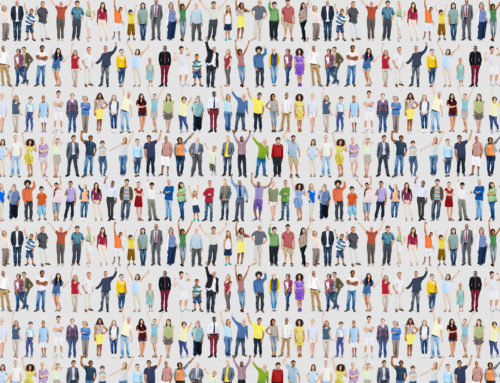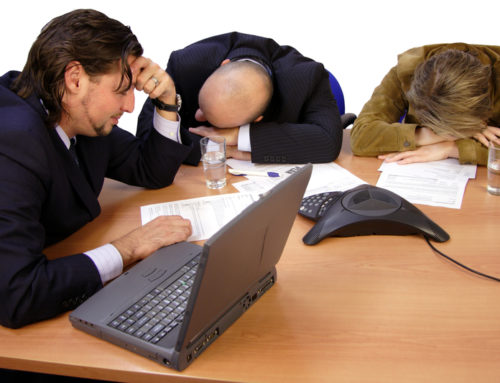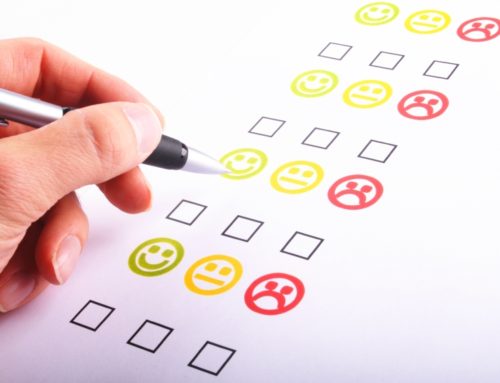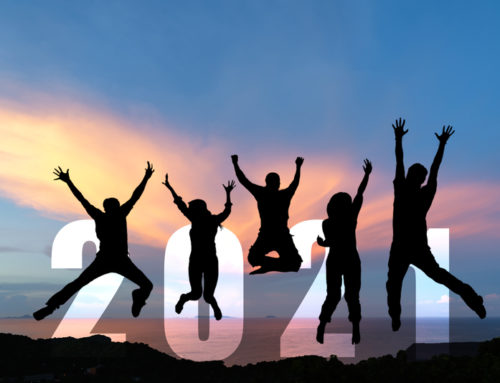Many of us assume if we are more efficient, we will be more effective. Seems logical in most situations, assuming we aren’t careless or sloppy. And yet as I work with hundreds of nonprofit leaders across the U.S., I see them struggling to keep pace and maintain focus; clearly being less effective than they could be.
There are many competing priorities in the social sector and more than one bottom line.
Passion matters. So finding a way to be most effective in delivering on the mission becomes critical. Working efficiently can help.
This week I read some good tips to increase productivity in the Farnam Street blog – “9 Habits You Need to Stop Now” by Shane Parish. I took the liberty of including excerpts of a few of my favorites below. You’ll find the link to the entire post at the bottom.
I hope you will carve out a few extra moments to reflect on how you could become more effective in your work and advance your mission. After all, it’s a mindset, and you control that.
“Rather than read all of these self-help books full of things you should start doing to be more productive, it’s often better to look at what you should stop doing that gets in the way of productivity. Looking at a problem backwards is called inversion and it’s a better approach.
With that in mind, Tim Ferriss recently talked about this in a short podcast. Tim is the author of the cult hit and international best-seller The 4-Hour Workweek. Here is Tim’s (partial) list of nine things you should stop doing right now.
1. Do not answer phone calls from people you don’t know.
The logic behind this one is that calls from people you don’t know are often disruptions. Further, these calls can sometimes surprise you and that puts you in a poor negotiating position. Just let it go to voice mail.
2. Do not e-mail first thing in the morning or last thing at night.
Scott Adams, the creator of Dilbert, says “One of the most important tricks for maximizing your productivity involves matching your mental state to the task.” In fact matching skills to the time of day is one of the most important changes you can make to improve your working habits. You want to get out of a reactive loop. If you move creative and thinking work to the start of the day, when we’re at our peak, you’ll have the rest of the day to be reactive.
The window for peak performance is two and a half to four hours after waking. In Sex Sleep Eat Drink Dream: A Day in the Life of Your Body, Jennifer Ackerman explains:
Studies show that alertness and memory, the ability to think clearly and to learn, can vary by between 15 and 30 percent over the course of a day. Most of us are sharpest some two and a half to four hours after waking. For early risers then, concentration tends to peak between 10 A.M. and noontime, along with logical reasoning, and the ability to solve complex problems.
Email is the king of making us reactive. How many times have you gone to the office, noticed you had a free hour, opened up outlook and had that hour disappear. Email makes us reactive. There is also some psychology at play here, email offers us variable reinforcement. It’s like cocaine for the brain and it makes us feel important.
Tim says checking email in the morning, “scrambles your priorities.” And checking email right before bed, a habit most of us have, impacts your ability to sleep.
3. Do not agree to meetings or calls with no clear agenda or end time.
Tim says:
If the desired outcome is defined clearly with a stated objective and agenda listing topics/questions to cover, no meeting or call should last more than 30 minutes. Request them in advance so you “can best prepare and make good use of the time together.” If the agenda is not clear, force people to make it clear. It’s easy to call a meeting, especially in large organizations. The person who wouldn’t otherwise be entrusted to spend $100 of the company’s money can easily call a meeting with 10 people and spend more than the $100 in time. Making the agenda clear and specific inserts friction into the process. Not only will meetings generally be better and shorter, there will also be fewer of them.
8. Do not carry a cellphone or Crackberry 24/7
Tim calls this a “digital leash.” I agree. I hate to tell you, but odds are, you’re not that important.”
Check out the full list on the blog.












Leave A Comment